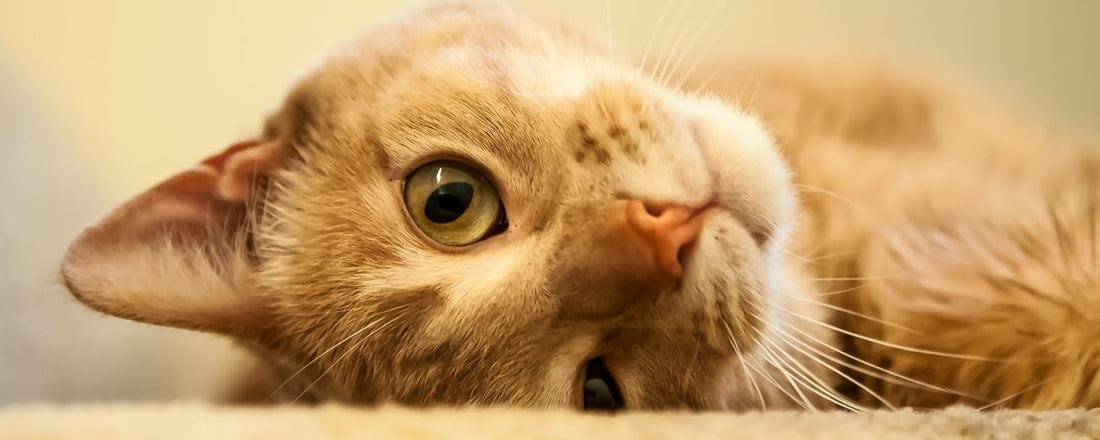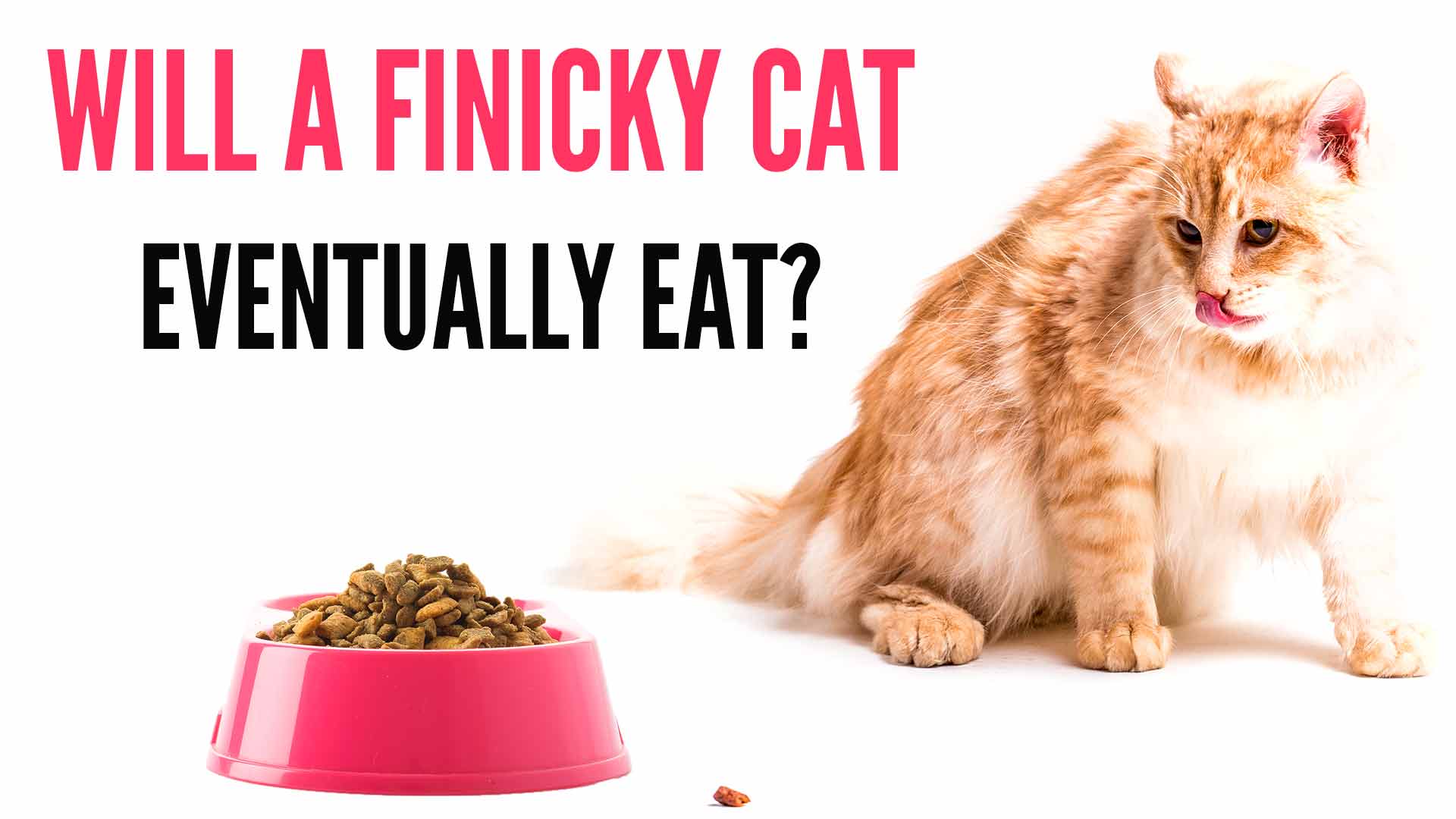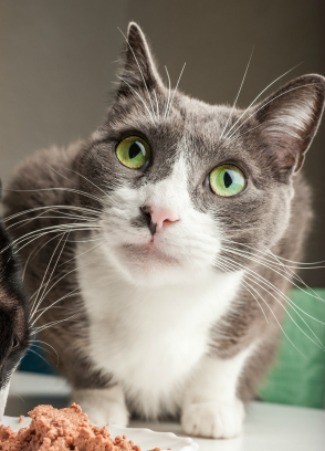
Cats will stop eating if they are ill, and it does not take long for them to go into fatty liver failure, which can be fatal. If your cat stops eating at any time, a visit to the vet is always a good idea. However, adjusting the way we feed our cats can help prevent most of these issues. There are many reasons why cats can become picky eaters. Mix Up the Variety of RecipesĬats are sensitive to the shape, size, mouthfeel, and texture of the foods they eat, so it's best to start them early with a wide variety of recipes. Just as it is with dogs, it is best to keep food scraps away from your cat.

Doing this will raise your cat's flavour expectations, and when you try to feed the food on its own, they may refuse it. They might associate their food with a bad taste, even after you stop putting medication in it.Īdditionally, adding "treats" (fish, chicken or other meat) to food is another recipe for disaster. Some medications are very bitter, and even if it gets past your cat's nose, they will taste it. Their keen sense of smell can detect any foreign substance that does not belong.

When it comes to hiding medication in your cat's food - it's best to avoid this trick. Not only does it keep the others out of the cat's food dish, but it also gives your cat a sense of security. In households with small children or dogs, an elevated eating area will be your best bet. If you have a multi-cat home, give each cat its own feeding station. Place food in a quiet space, away from the busy areas of the house. They don't enjoy group dining in crowded areas. Cats are naturally very clean creatures, and if you place the two near each other, they may nibble on their food but refuse to use the litter box or use their litter box and refuse to eat. Cats have a strong desire to keep their eating area away from the site where they eliminate. When it comes to the location of where you place your cat's food, it's essential to note that cats need to have their food and water dish away from the litter box. Cornell University College of Veterinary Medicine recommends working with a veterinarian certified in animal nutrition to review your cat's meal plan.From a nutrient perspective, cats don't necessarily require an ultra-high protein diet, but they do have higher requirements for amino acids from dietary protein than dogs. There are 12 essential minerals for cats, including calcium, phosphorus, and magnesium.īecause a cat's nutritional needs can have a serious negative effect on their long-term health and proper organ functioning, the safest course is to discuss your recipes with your veterinarian.Vitamin A and niacin are essential vitamins that must be taken from dietary sources (and not via supplements).Fatty acids such as arachidonic acid and linoleic acid are necessary and cannot be manufactured by a cat, unlike with dogs.Amino acids, particularly arginine and taurine, which must be derived from the protein in their meals.Protein sources should also be varied, to include meat, fish, and poultry. Protein is a vital part of a cat's diet, as they are obligate carnivores, and too little can lead to amino acid deficiencies.Essential nutrients that cats need include the following. These are an excellent guide you can use to judge your recipes' contents, including a chart for calculating the caloric requirements based on age and other factors.

The American Association of Animal Feed Control Officials publishes guidelines for the nutrient profile for cat food. It's vital that you feed them in the correct amounts according to your cat's age and energy level.


 0 kommentar(er)
0 kommentar(er)
